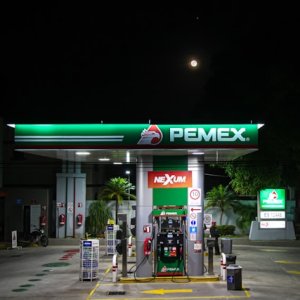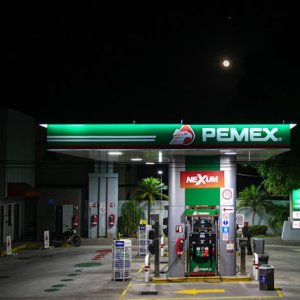Importance of Integrated Management Systems on the Oil&Gas Sector

STORY INLINE POST
Generally, when you hear about a management system, most of the time, the first thing that comes to mind are phrases like: quality in products or services, ISO-9001 or process control. All these words are generally related to a single topic; however, the first reality regarding management systems (MS) is that they are much more complex than what a simple "quality control" or "complaints attention" can represent for a company.
In fact, within the hydrocarbon industry, it is of vital importance for the survival of a company to have an implemented MS that helps control, supervise, monitor, and evaluate not only issues related to the quality of its products or services but also issues as important as industrial safety, occupational safety, environmental protection and protection of access to your information. In other words, an Integrated Management System (IMS) that addresses each topic individually, but which in turn works in an integrated manner with the rest of the system.
The second reality regarding IMS’s is that, even though their importance is known, there are very few companies in Mexico that have implemented (or at least registered) an Integrated Management System on issues related to security or protection of the environment, even though it constitutes an obligation for Oil & Gas companies under the General Administrative Provisions that establish the guidelines for the creation, implementation, and authorization of the Industrial Safety Administration Systems, Operational Safety and Environmental Protection regarding the activities of the Hydrocarbons Sector (SASISOPA) published by the Security, Energy and Environment Agency (ASEA) in 2016 and 2017.
Speaking only of Gas Stations (gasoline and diesel) and LPG Stations, according to information provided by ASEA, last year, there were only 6,936 requests for the review and authorization of SASISOPAs, of the more than 12,000 requests that they should have, that means only 57.8 percent of the service stations or outlets complied with at least the obligation to have initiated the corresponding procedure. For the issue of LPG distribution and fueling centers, the scenario is even less promising, since, of the more than 3,300 authorization requests that should have been received, the agency only had (until last year) 55, which is just 1.6 percent.
One of the main reasons that we have detected as to why these percentages are so low is due to the enormous ignorance on the part of the regulated party about these new provisions, and in some cases, a manifest lack of interest in complying with all the requirements established by the different authorities. In the best-case scenario, the regulated party knows of its obligation but is not sure how to comply with it, so it is better to postpone such compliance until the point where business continuity could be compromised. In other cases, the regulated party is still uncertain about whether the requirement is mandatory or not, and does not carry it out because it is considered irrelevant, bureaucratic and costly. In both cases, the consulting companies play a very important role by providing specialized advisory services to the regulated party, which helps them understand not only the mandatory nature of the procedure but also the importance and benefits that this could entail for their business.
To understand what these benefits are, in addition to the evident compliance that would allow us to continue with the operation, and in the case of new projects, the opportunity to start the construction phase, we have to recognize and understand the bases with which these provisions were developed and established.
A SASISOPA is nothing more than an Integrated Management System, which is focused on the prevention, control, and improvement of the performance of a facility or group of facilities, from the point of view of Industrial Safety, Operational Safety, and Protection of the Environment, which is based on the philosophy and some guidelines of the international standards ISO 14001, OHSAS 18001 (more recently ISO 45001) and ISO 31000, all working under the Deming cycle of "Plan, Do, Check, Act” (PDCA).
This means that a company that has correctly developed and implemented all the mechanisms or elements indicated by said provisions, will be able to administer and manage all aspects (resources, supplies, personnel, suppliers, etc.) related to safety and the environment, which in turn will help you avoid or reduce accidents to your staff and contractors, avoid the costs of fines derived from the emission or spilling of pollutants into the atmosphere or soil, and significant savings by avoiding stoppages or suspensions of equipment caused by a lack of preventive maintenance, just to mention a few.
Finally, but extremely important to understand, is that none of the benefits that we know entails the implementation of a Management System (dedicated or integrated) in a company, none of them will ever be reflected if the guideline is not complied with the number one rule: “top management commitment”.
In collaboration with:
Guillermo Sanchez Guillén, Quality and Technical Reports Director at Consultoría Sustentable G2H, guillermo.sanchez@consultoriag2h.com
























